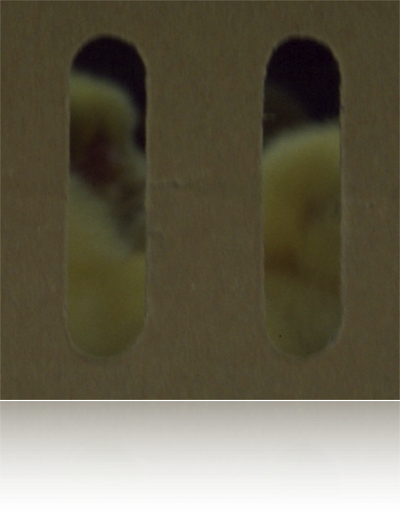
I’ve often allowed phrases from my other languages to creep into my English poetry. Many poets do so. Now, though, I’ve written a poem in German, I’ve written one in Dutch.
Speakers of those languages may well be appalled at my abuse of their native tongue. My excuse is I’ve abused my mother tongue too. I’ve consciously tried to rip the structure of English in my poetry, to give the effect of an incomprehensible complexity beyond the listeners’ ken, or to explore a new and different English of the kind that might develop as the world language coalesces and fractures, or simply to try to refresh familiar words.
I won’t make the claim I’m trying for sophisticated effects in Dutch and German; I blatantly do not have the linguistic skill. But I wonder if my attempts might have the effect of familiar words in strangeness, the effect I often want in my mother tongue poetry.
I can tune my English language poetry precisely. But I have insufficient understanding of Dutch and German; I can’t set a specific pitch. The effect, if it’s there, is fractured and crude, beyond my ken. There is a clear risk the poems resemble the music of the Portsmouth Sinfonietta, who performed classical music without being able to play their instruments. Mind you, I liked their music. It was strangely refreshing.